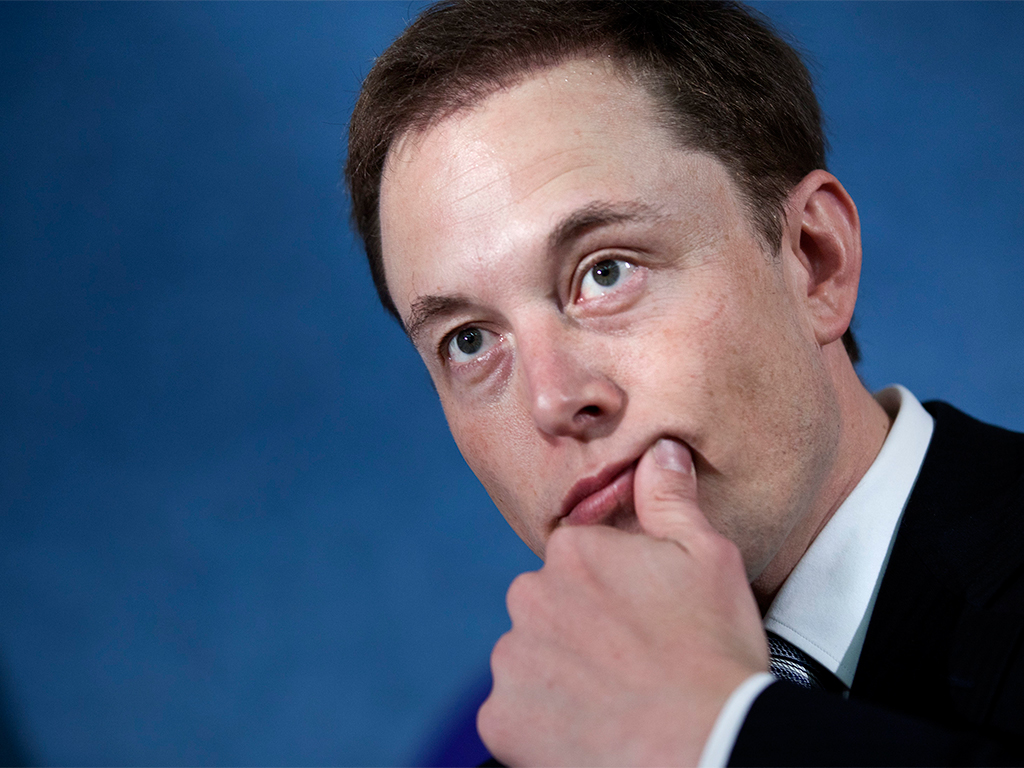Tesla considers patent giveaway to speed up electric car adoption
Electric car pioneer could offer valuable patents for free to speed up industry adoption

Tesla's CEO Elon Musk is keen to get electric car technology off the road, and is considering whether to allow competitors to use its patents to spur innovation
One of the pioneers behind electric cars is considering offering its patents to rivals for free in an effort to speed up adoption of the technology. Tesla’s Elon Musk has hinted that the firm is seriously looking at allowing rivals to use its patents so that the market for electric cars can rapidly grow.
The attractiveness of electric cars has been discussed for years, mostly as a result of the low emissions of the vehicles and subsequent benefits to the environment. However, adoption has so far been low. In a speech to investors last week, Musk said he had been disappointed in how rivals had adopted the technology. “I was hoping other companies would engage more in serious electric car programs.”
Musk’s company is hoping that by allowing rivals to use its patents, it will help to dramatically transform the auto industry
He added that as a result, he was likely to do something with regards to the company’s patents, although would announce it in more detail in the future. “I’m contemplating doing something fairly significant on that front which should be kind of controversial with respect to Tesla’s patents.” It’s thought that the technology Musk is specifically thinking of offering to rivals is its Supercharger system that it hopes will become an industry standard charging technique.
While the potential for electric cars has been apparent for a number of years, the market has struggled to gain traction within the global auto industry because of difficulty in charging vehicles and the high cost of developing the technology. One of the main criticisms of electric cars is their inability to run for long journeys. While Tesla’s new Model S sports car claims to be capable of driving on a single charge with just 300 miles, some reviewers have questioned whether this is actually the case.
Another problem for the industry is the lack of infrastructure across many countries. The limited number of charging stations has deterred widespread adoption, although a number of regions in the US and Europe have announced plans to heavily invest in this infrastructure in the coming years.
John Gartner, Research Director for Smart Transportation at Navigant Research, told The New Economy one of the main problems facing the industry is the lack of a technology standard for charging vehicles. “The electric vehicle industry has thus far developed two competing fast direct current (DC) charging standards, through the Society of Automotive Engineers and the CHAdeMO standard originating from the Tokyo Electric Power Company (TEPCO). The Supercharger technology, while providing faster charging than has currently implemented by these standards, would have to be evaluated for its impact on the battery performance of competing electric vehicles, and this would take several years to determine if it is compatible.”
Gartner believes that rival carmakers would be wary of developing yet another way of charging vehicles due to the cost. “Automakers and electric vehicle charging companies would likely would be hesitant to support a third charging technology given the additional vehicle equipment cost, infrastructure cost in deploying more chargers, and potential for confusion in the marketplace for consumers from adding a third option for public electric vehicle charging. A single charging standard would be optimal to grow the electric vehicle market, but this will take many years given how fractured the market is today with hundreds of public DC chargers already in place.”
Giving away patents is certainly a controversial strategy for a private firm. While other industries fiercely protect their intellectual property, Musk’s company is hoping that by allowing rivals to use its patents, it will help to dramatically transform the auto industry into one dominated by electric vehicles. Although the move looks like an incredibly generous strategy from one of the industry’s leading firms, the reality seems to be that Tesla wants their tech to become the market standard.













